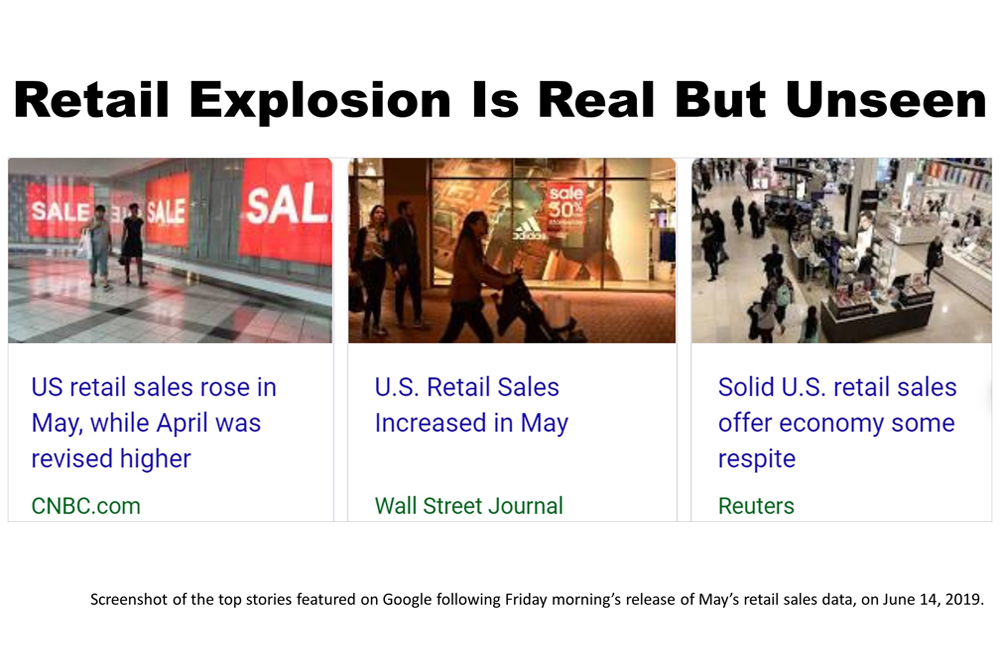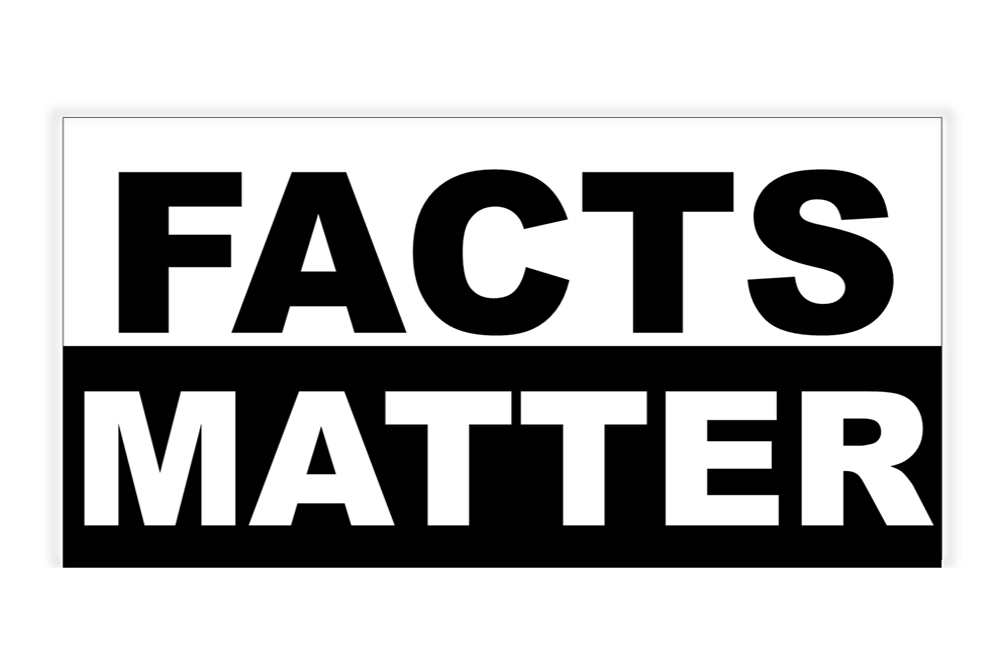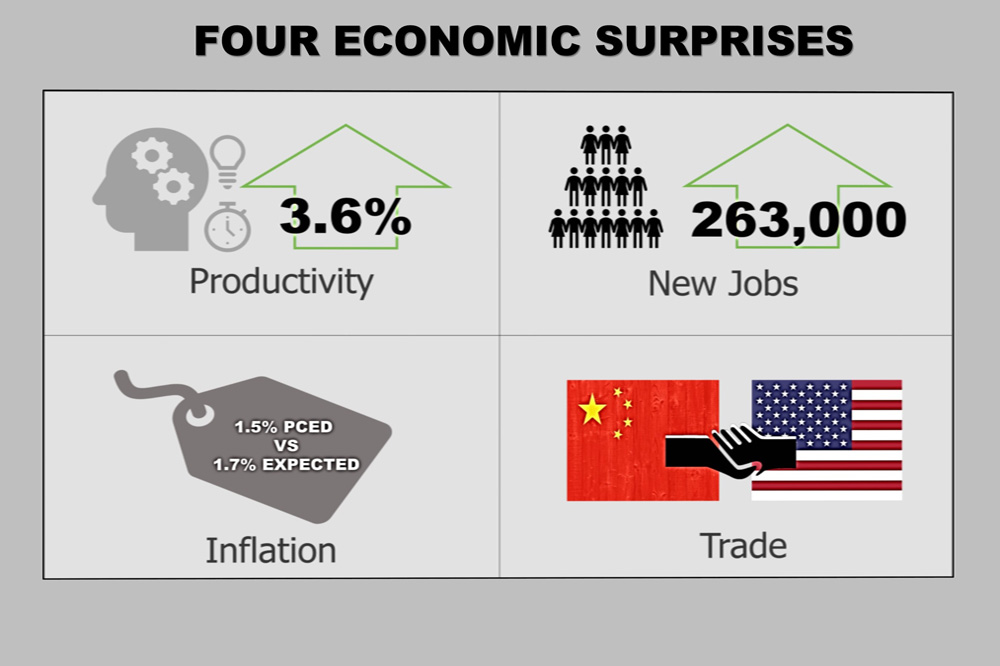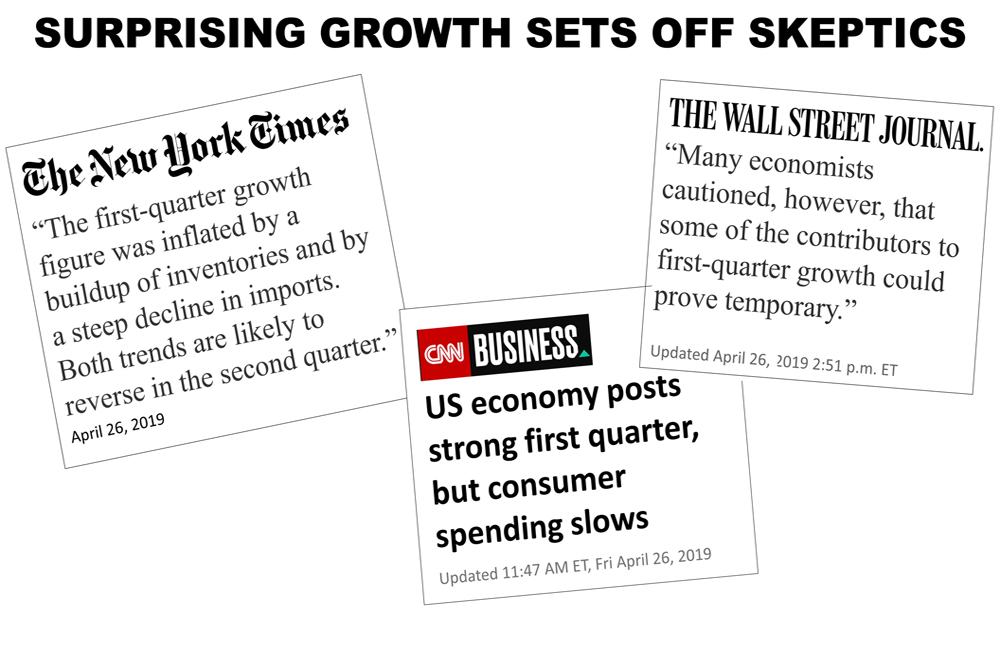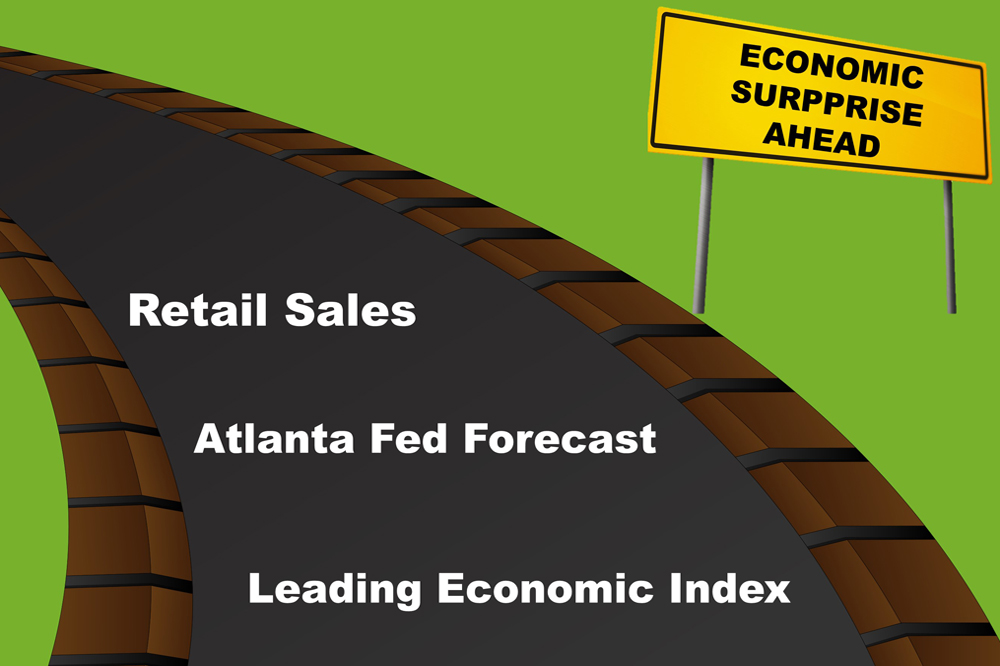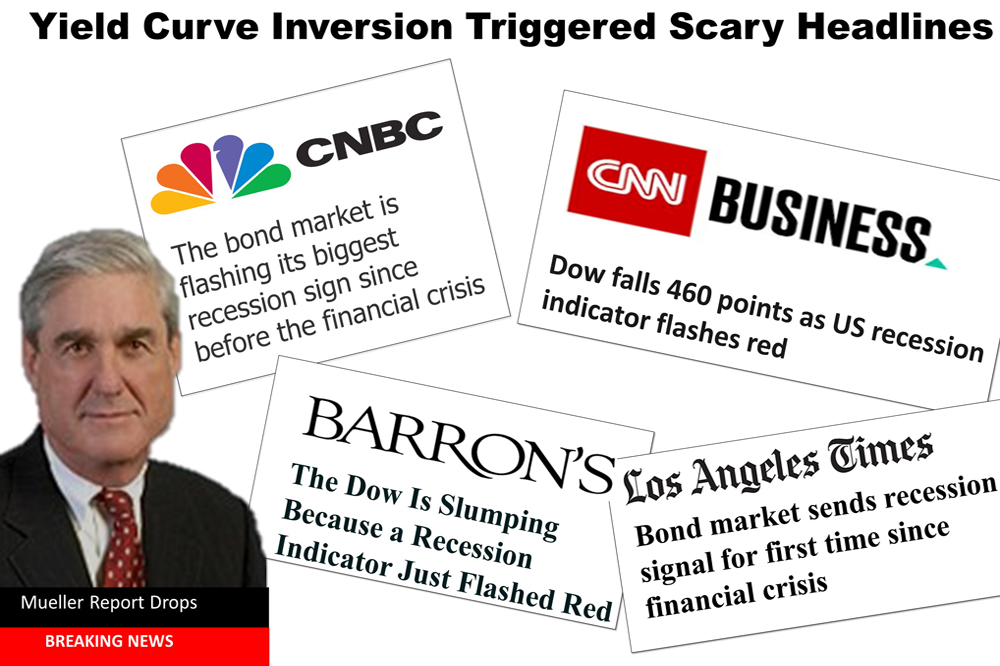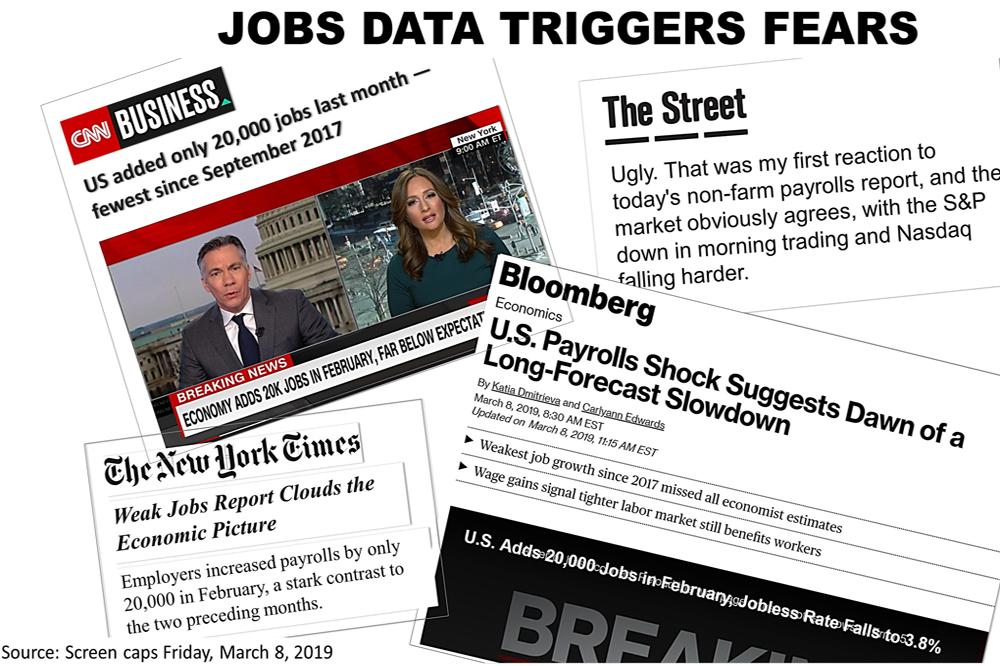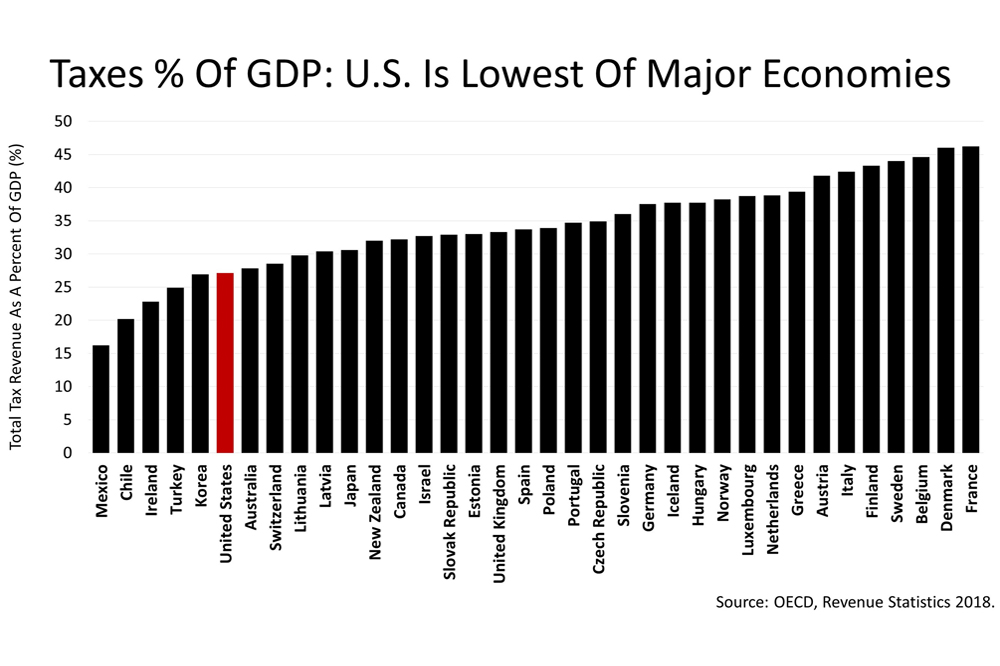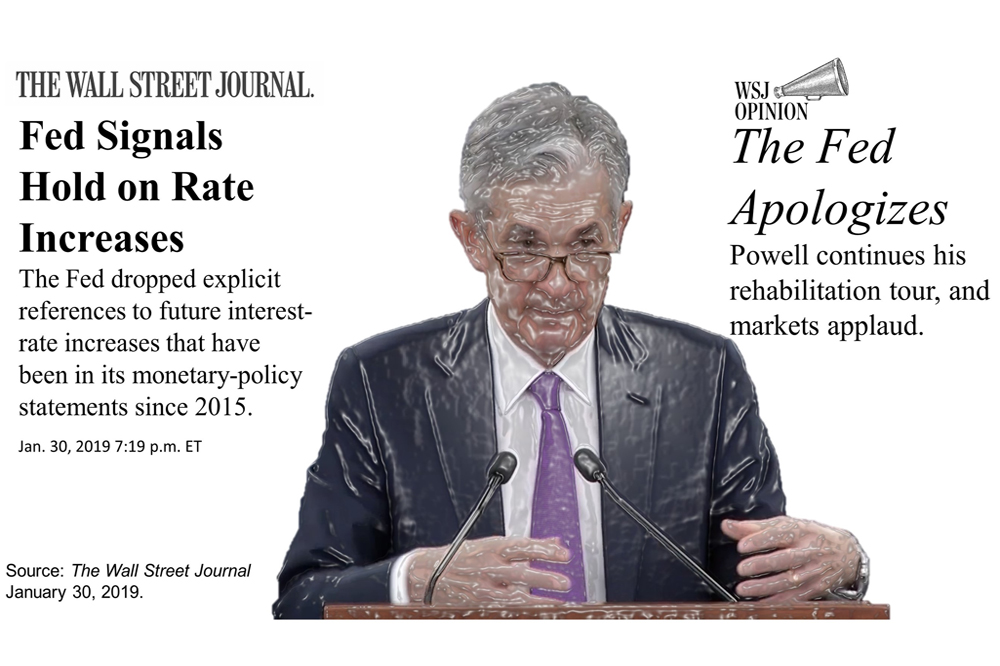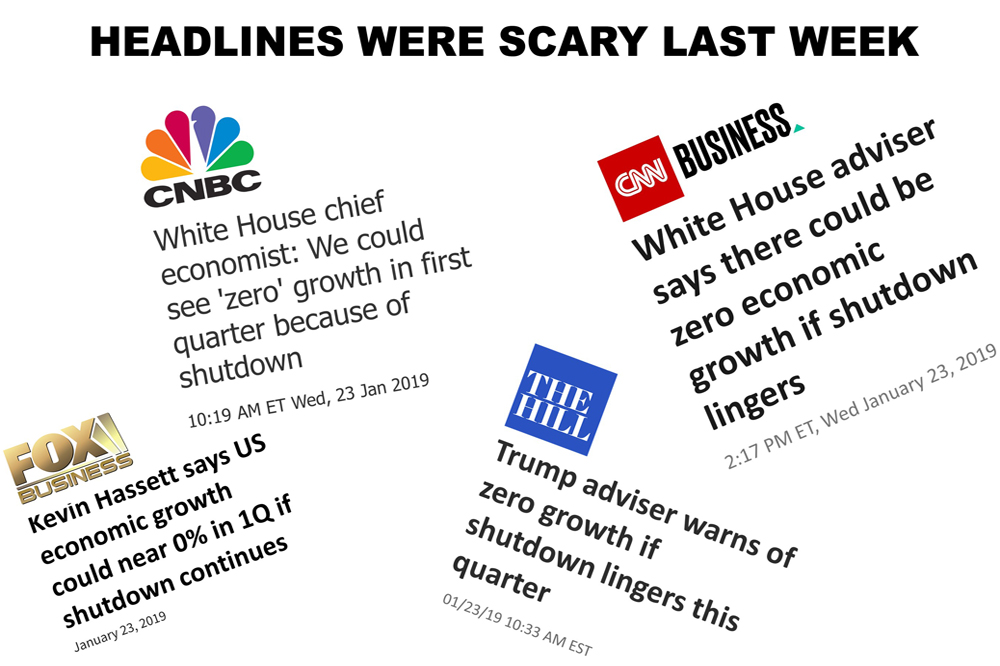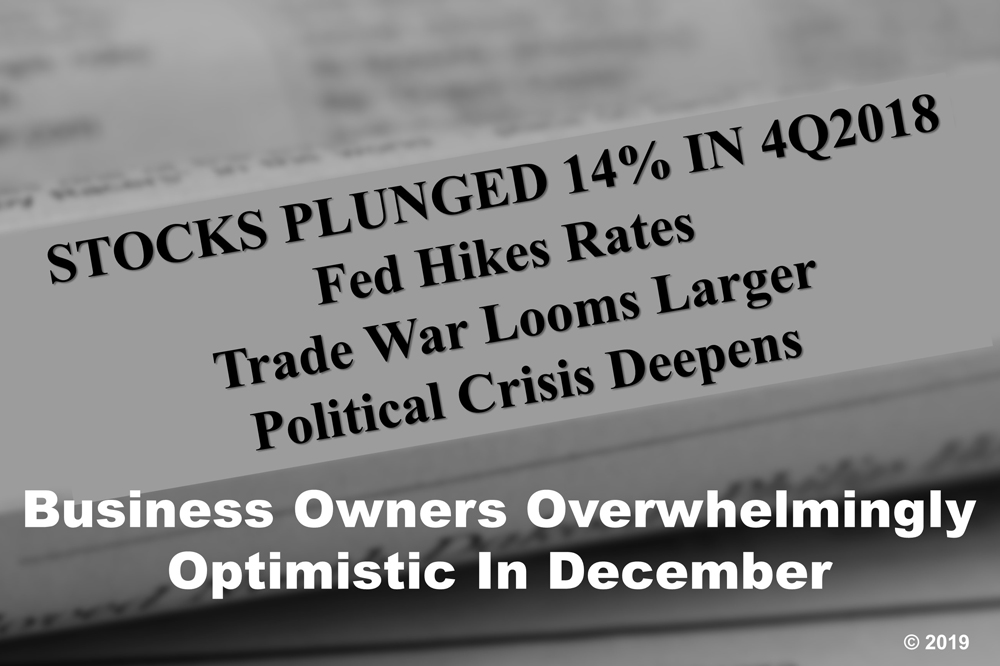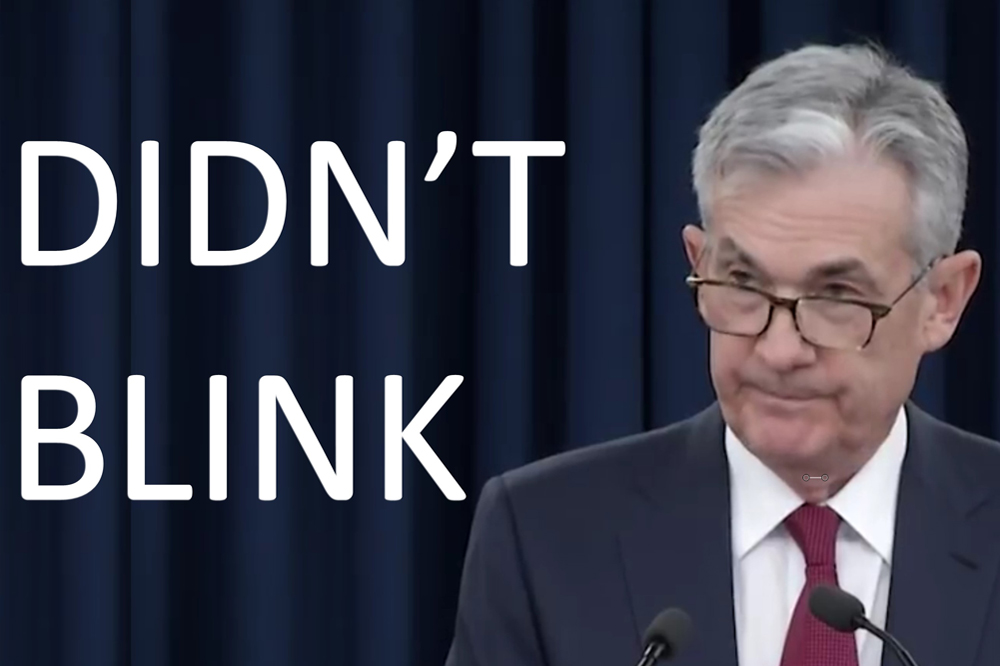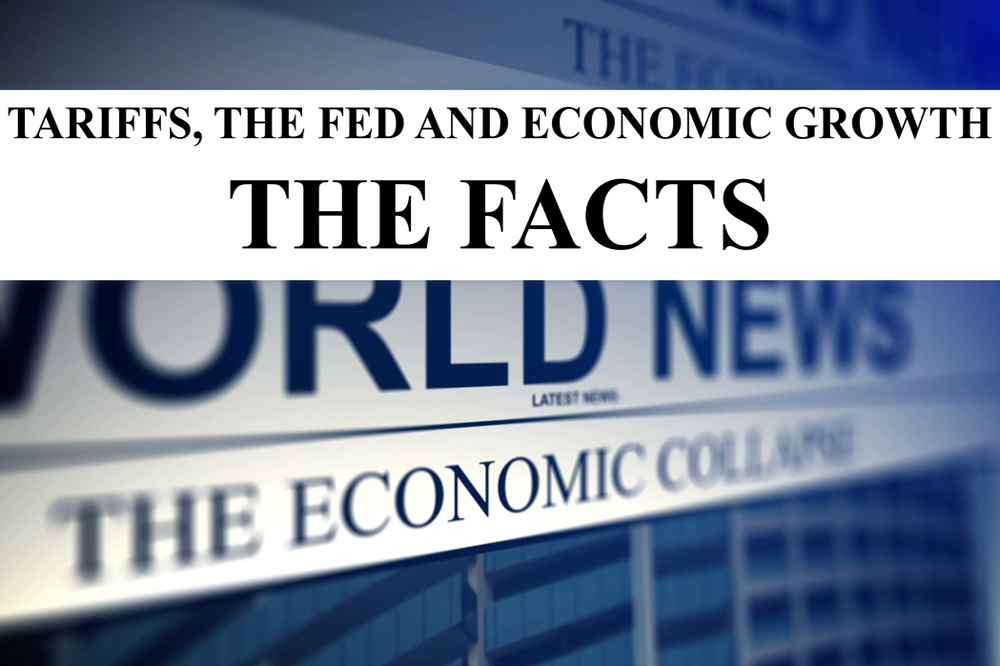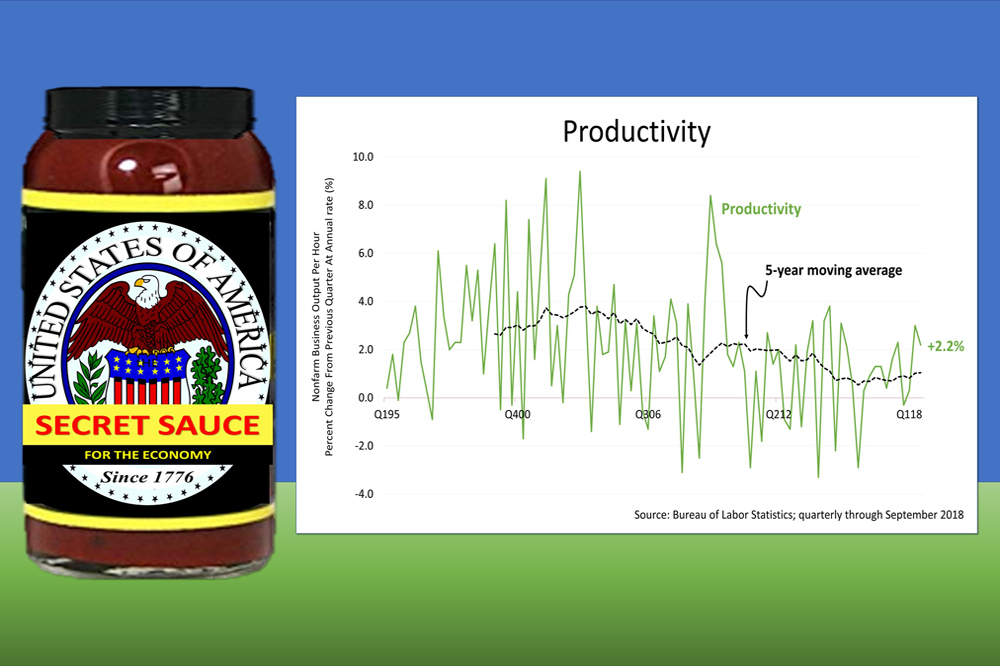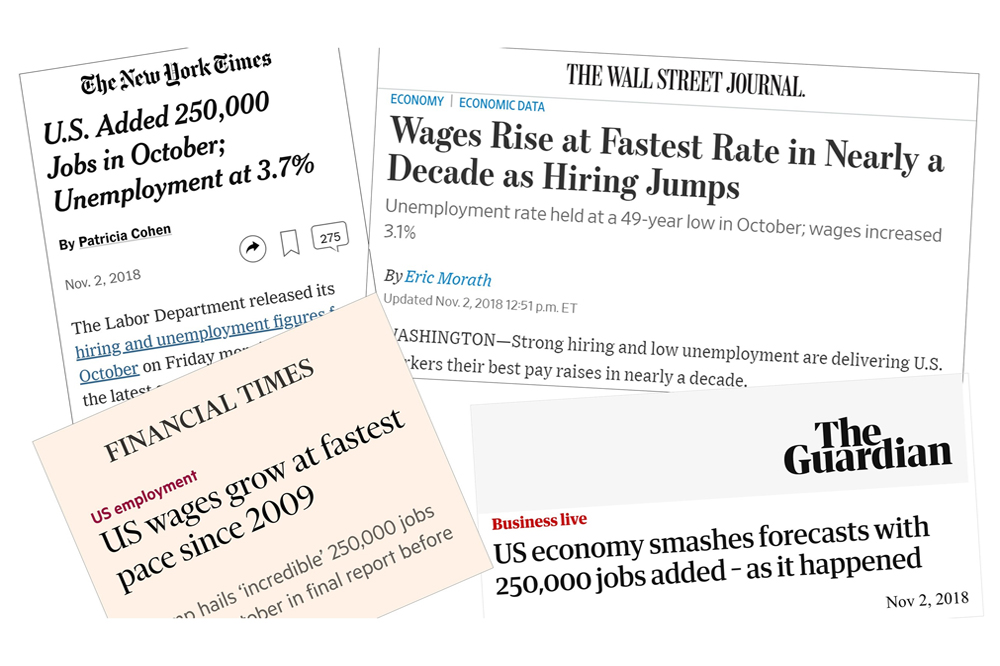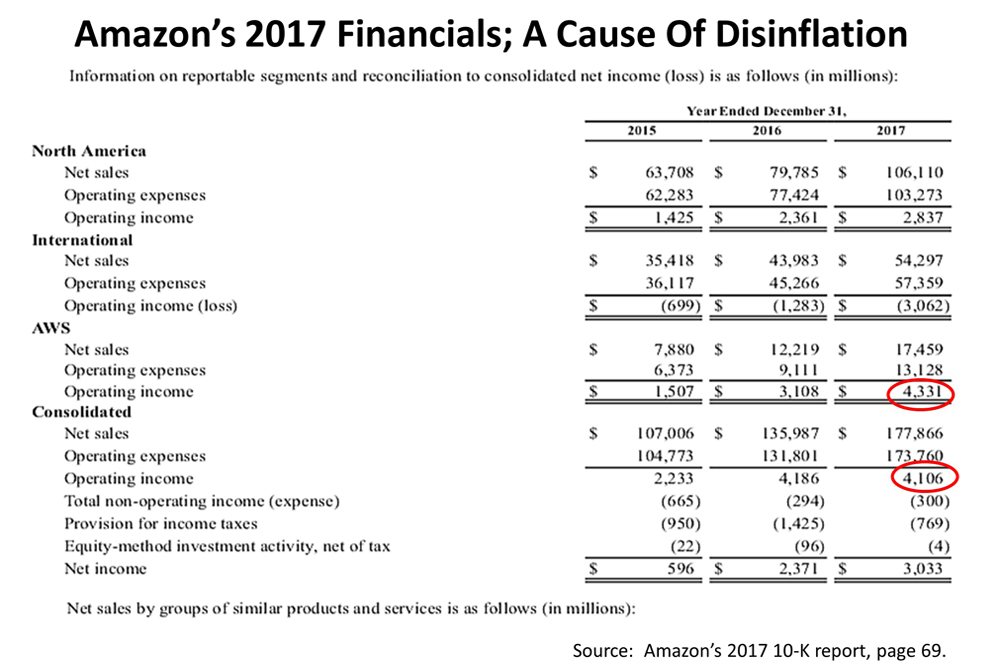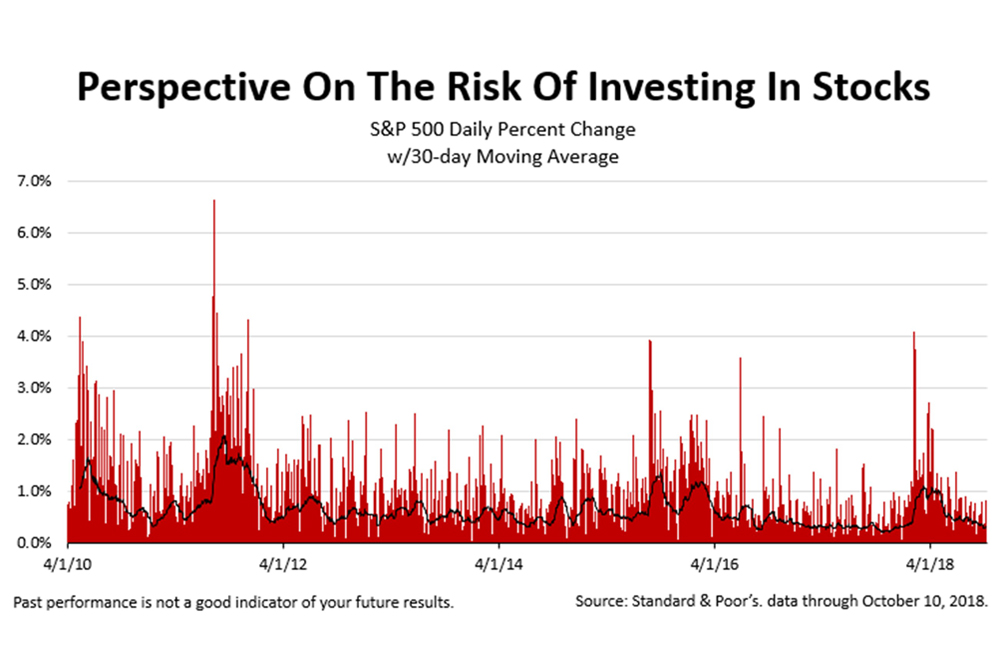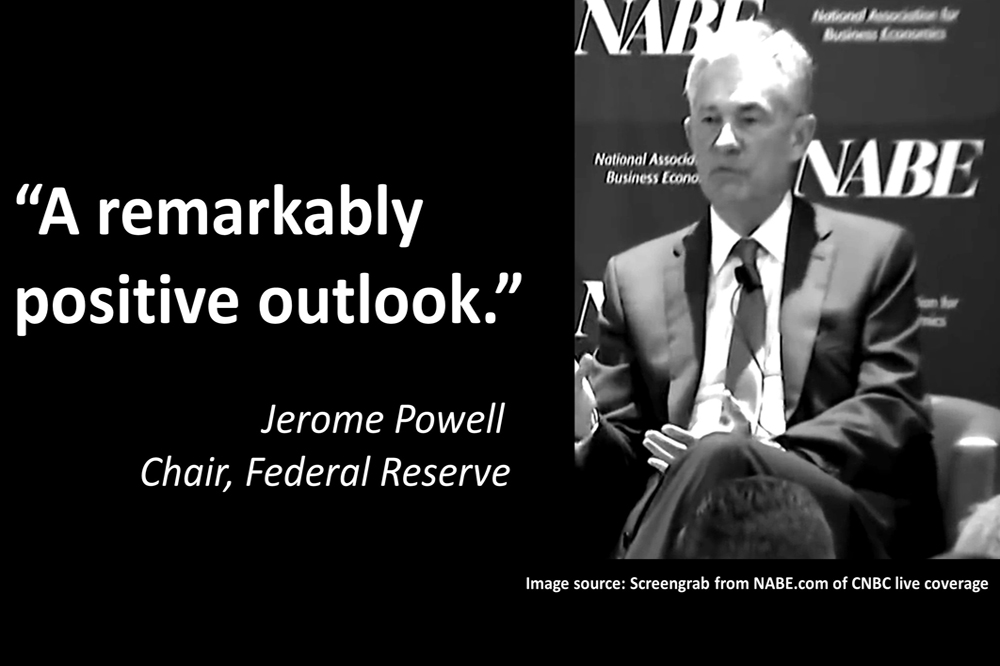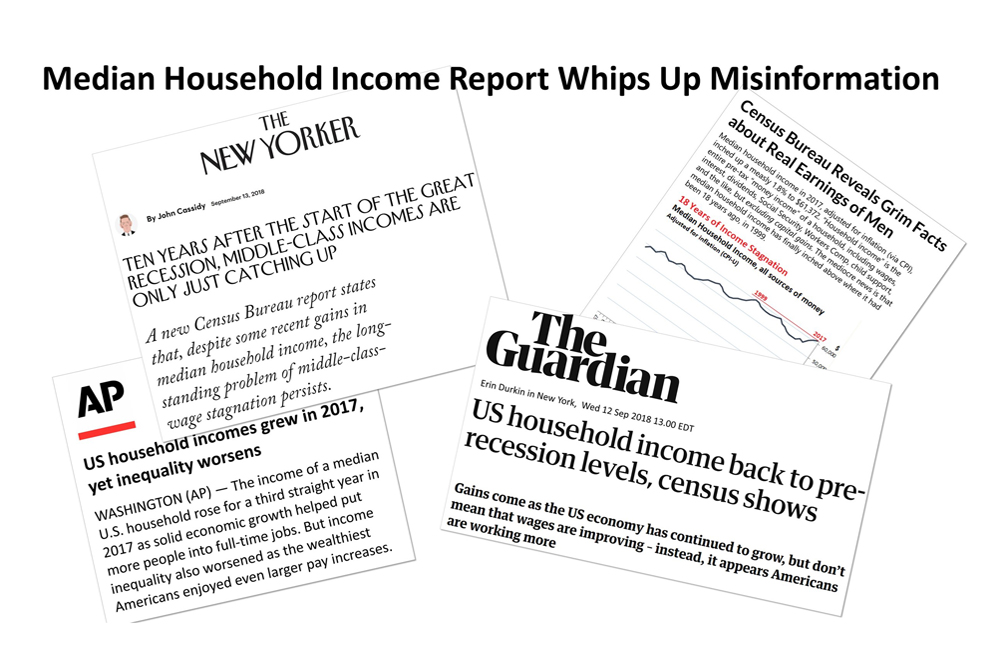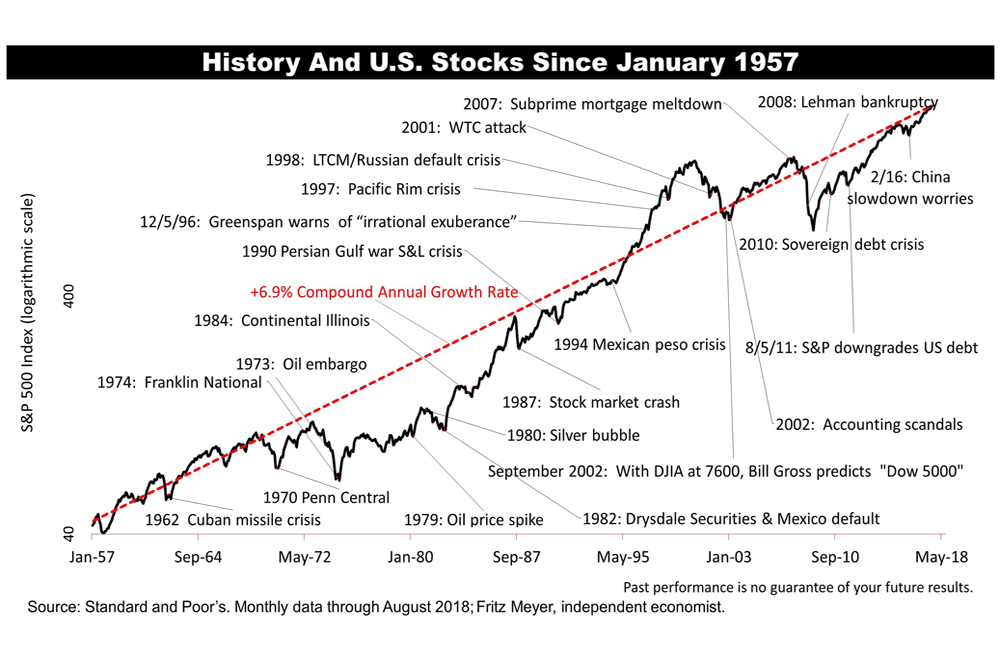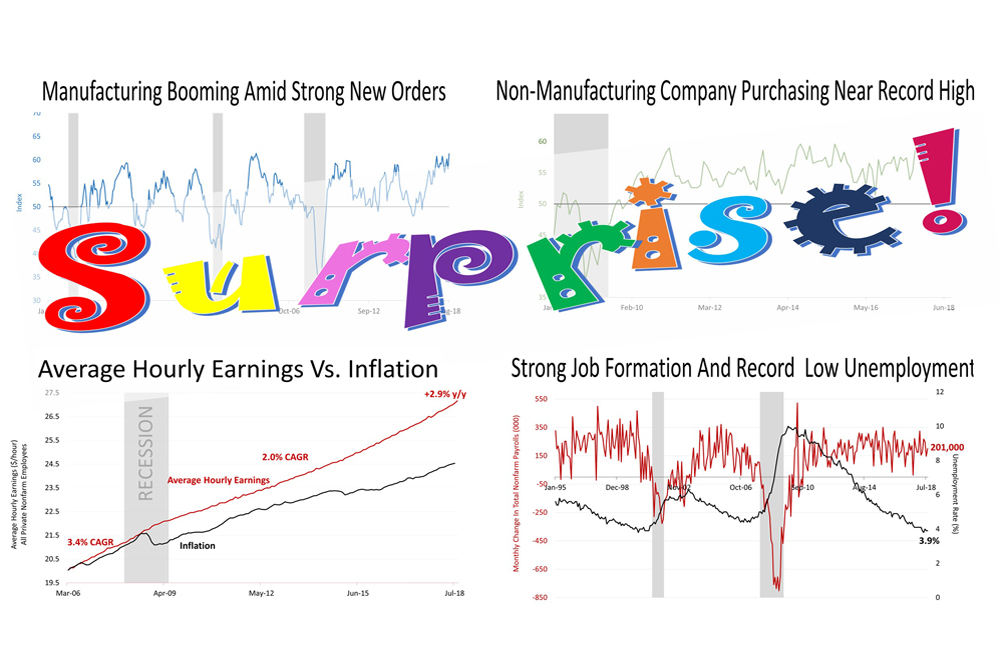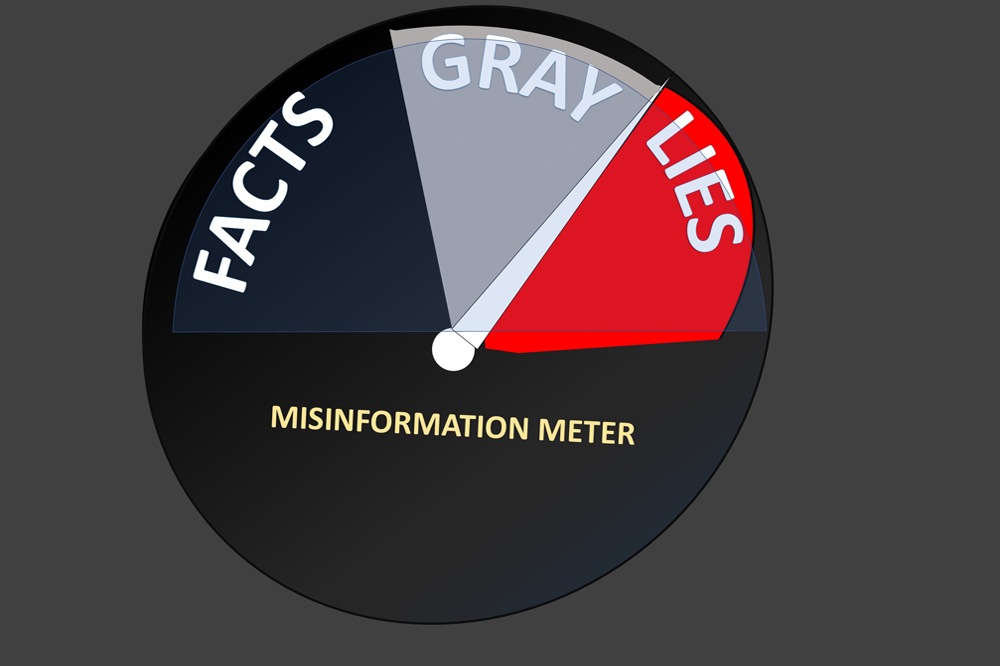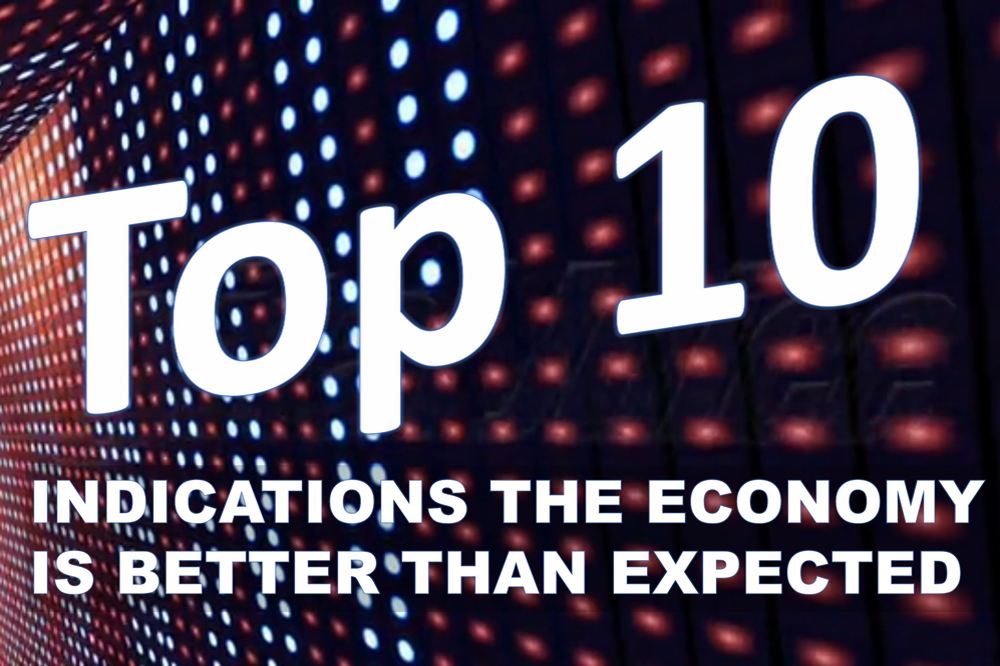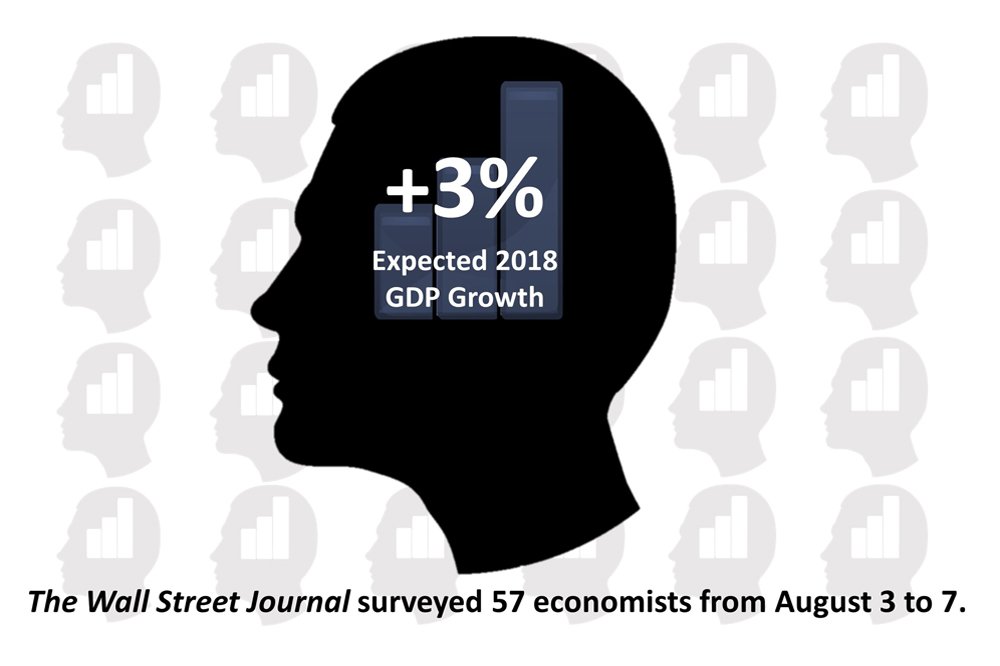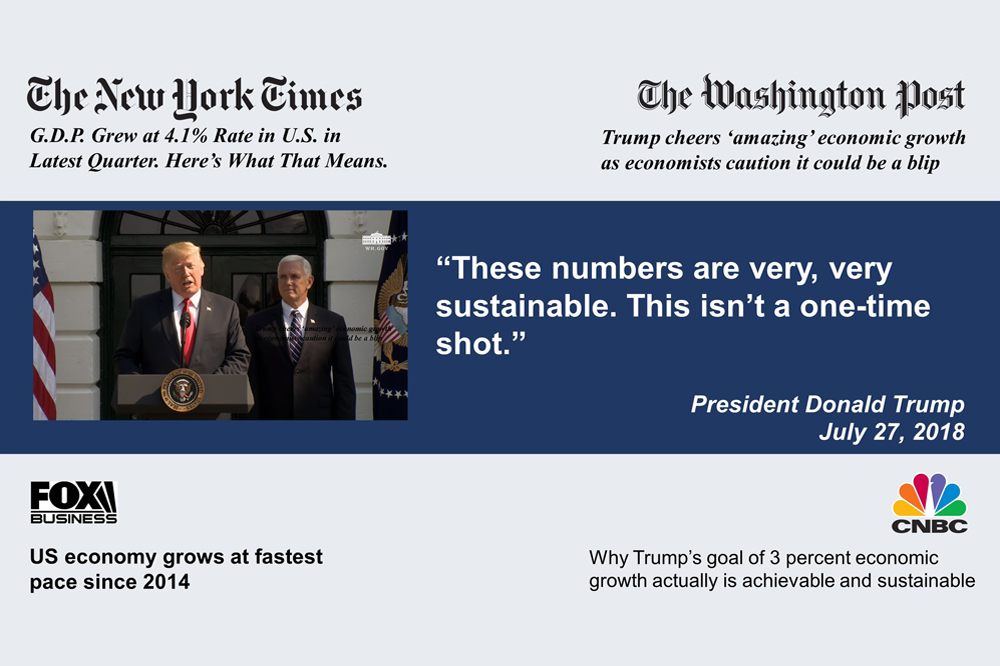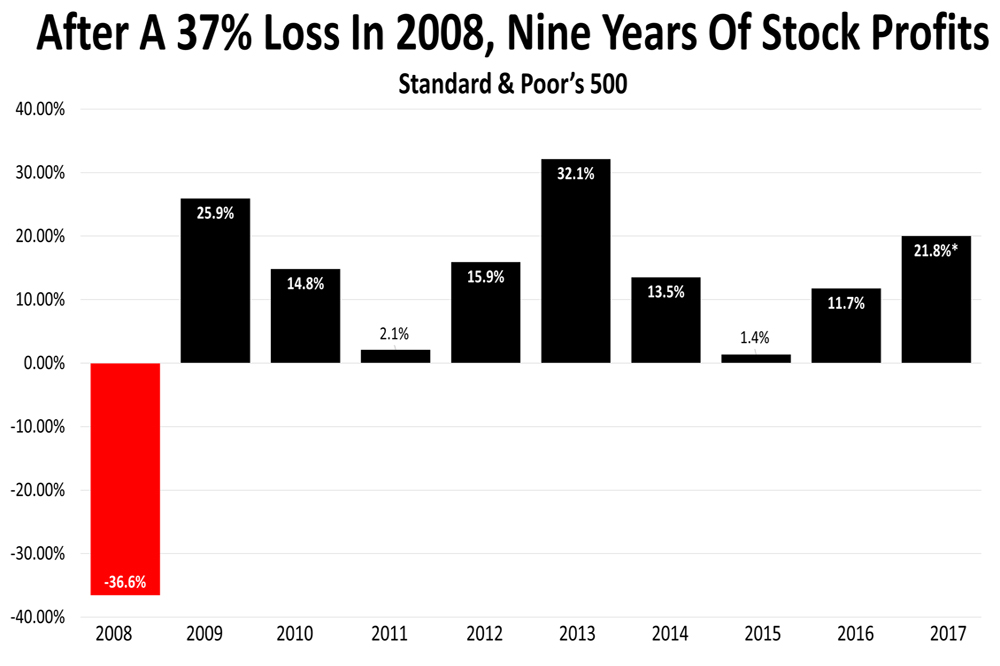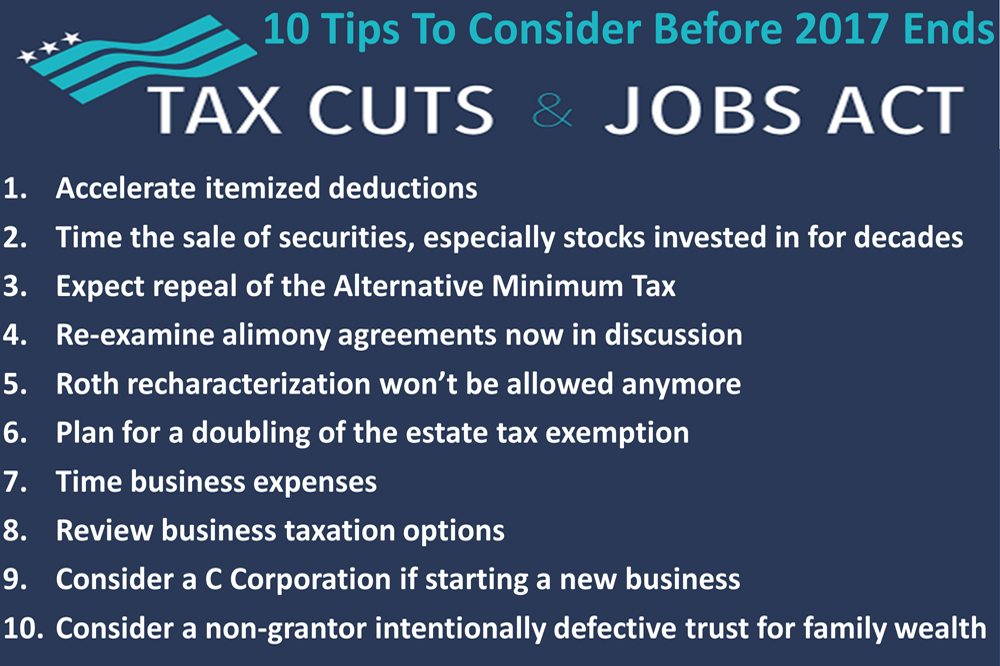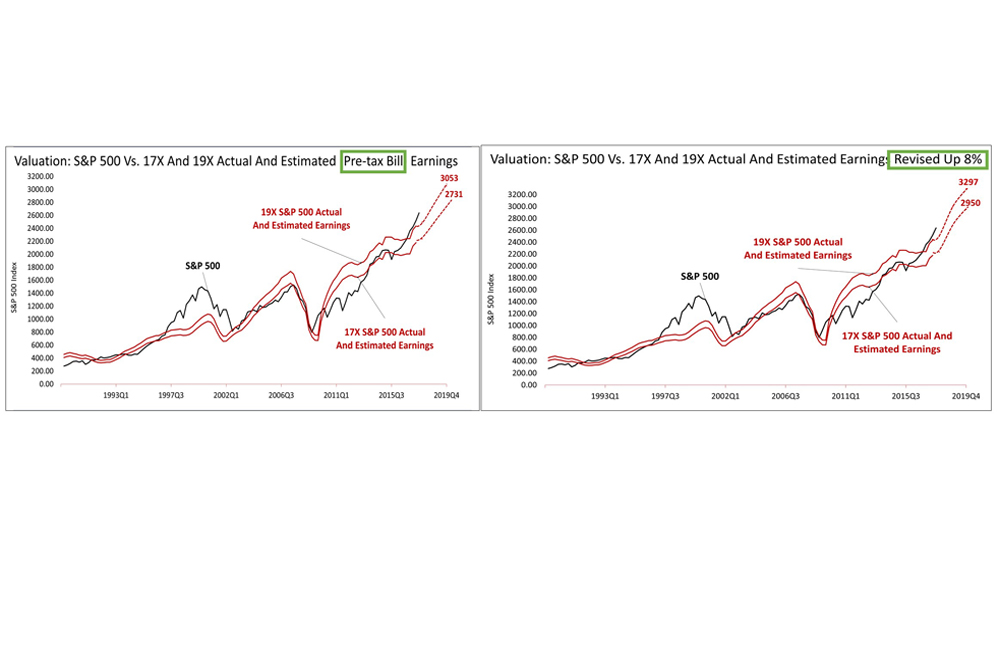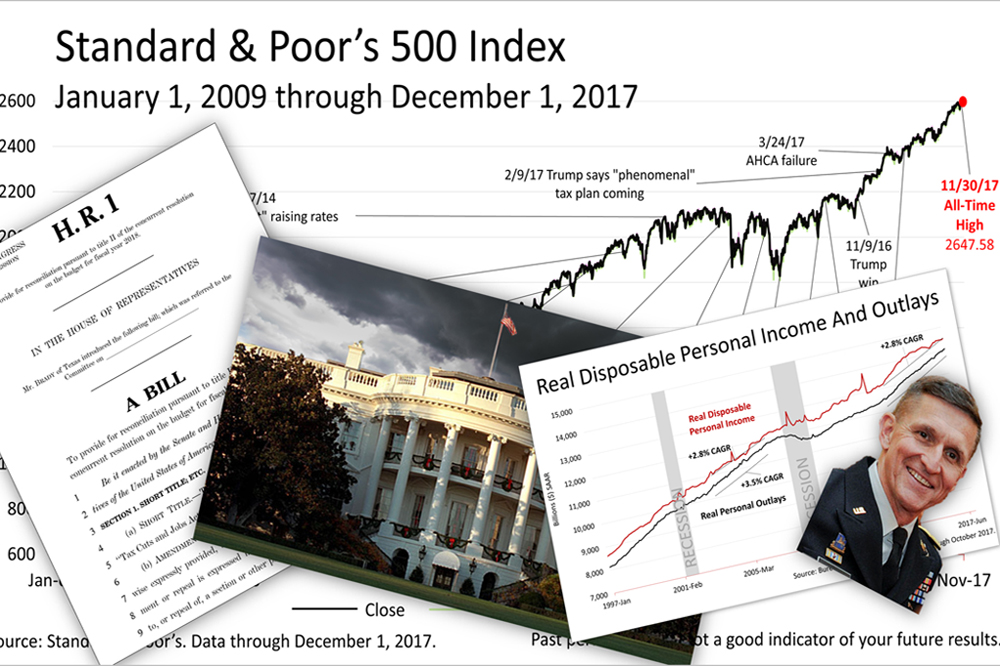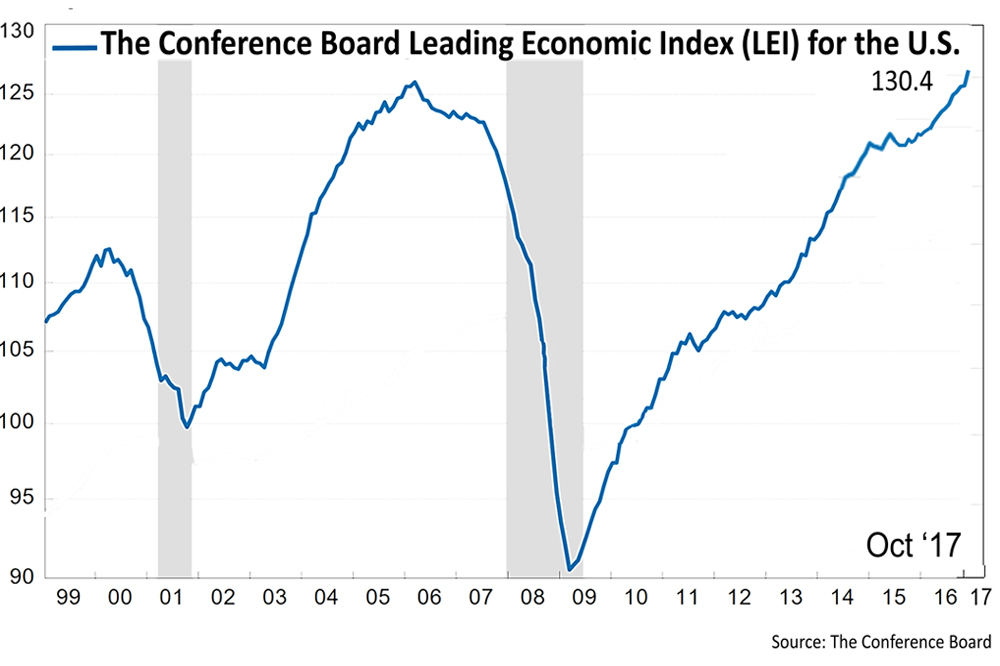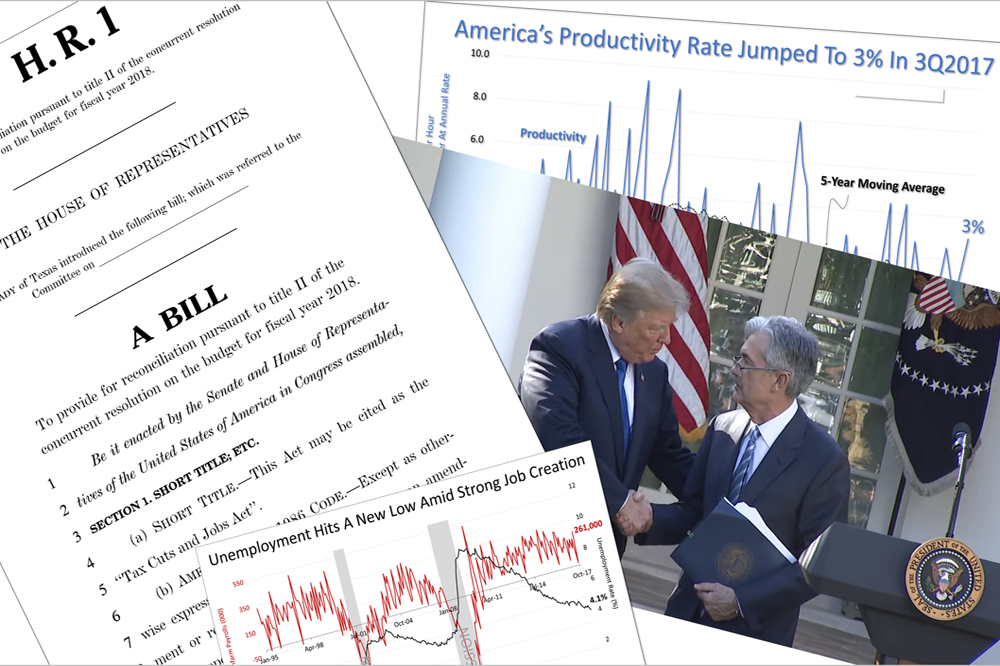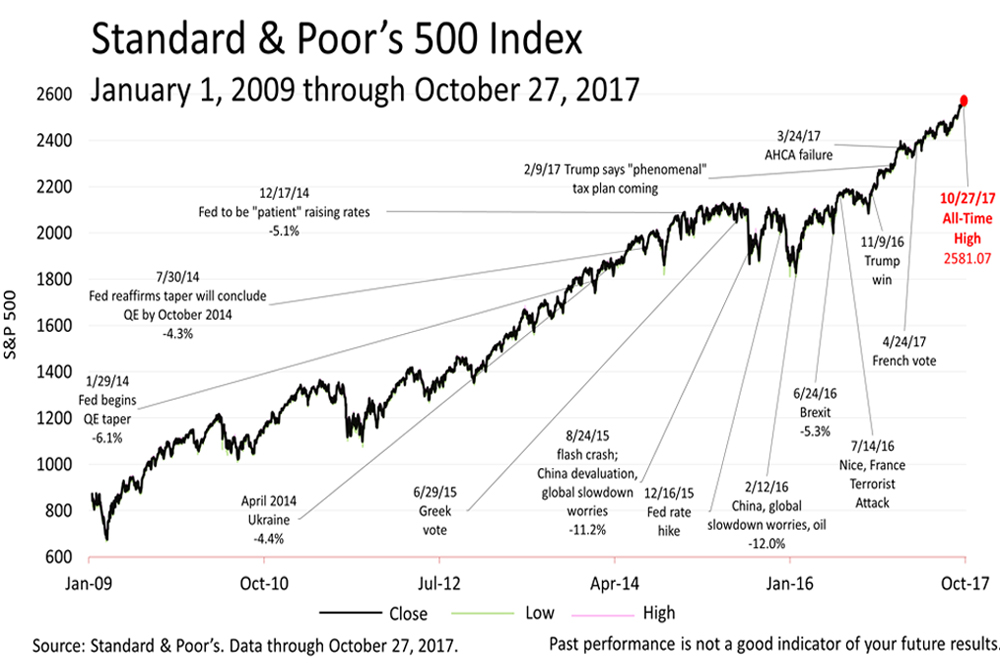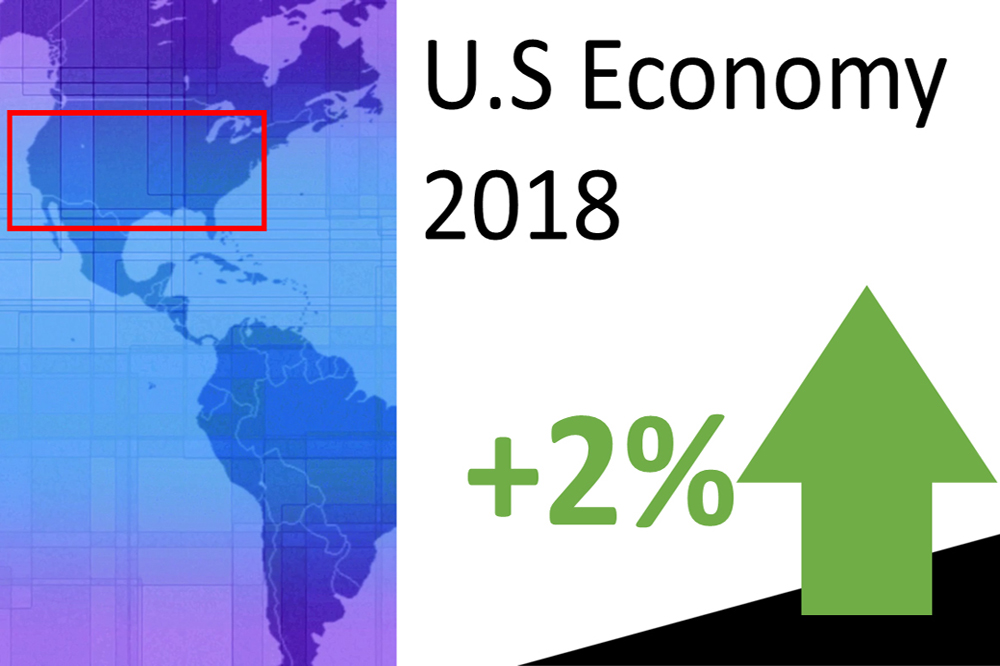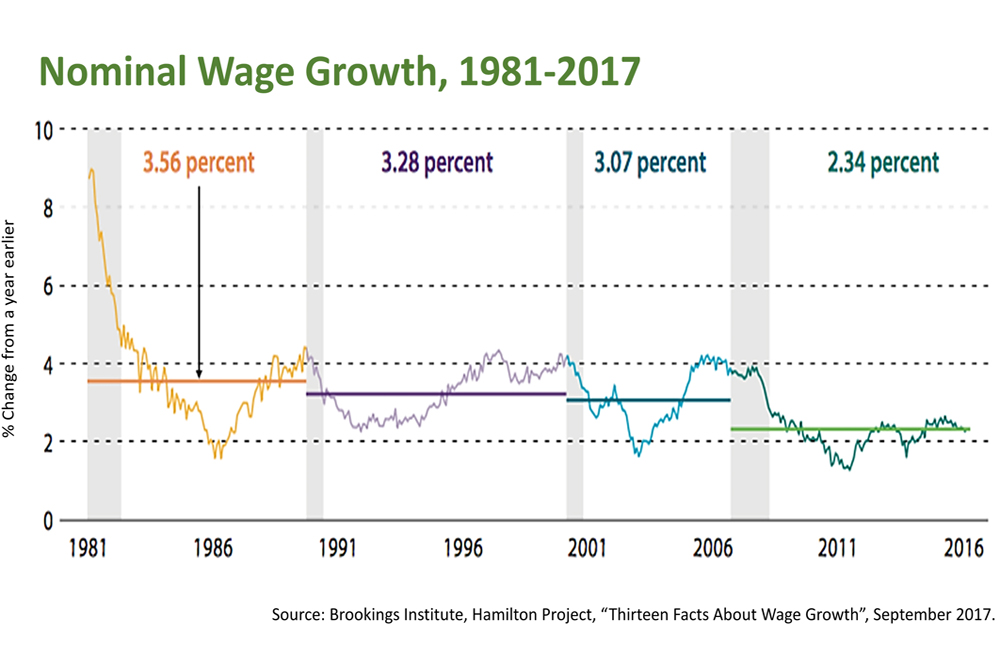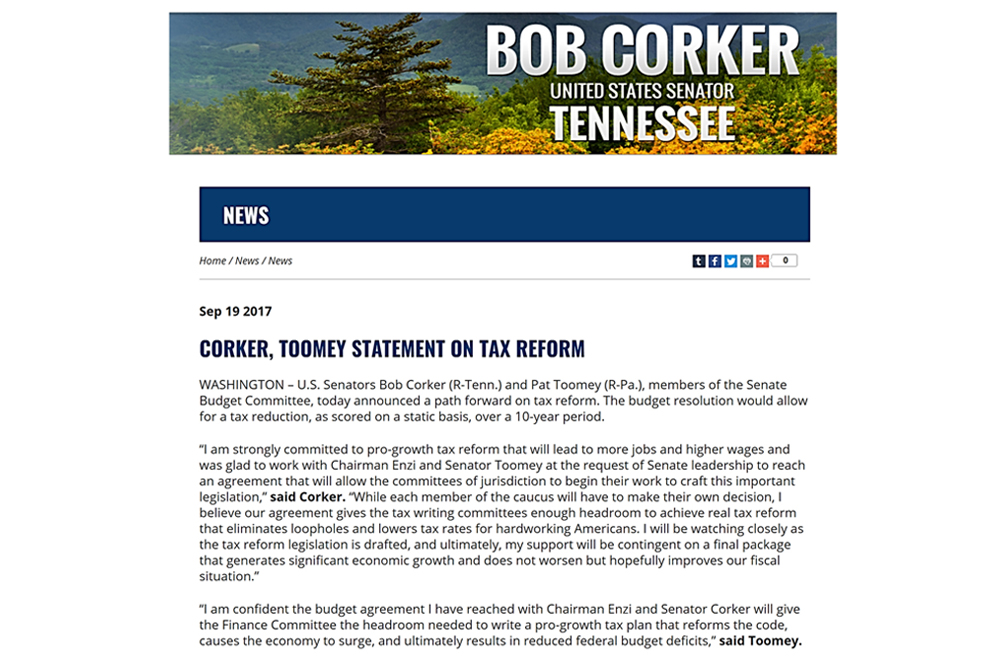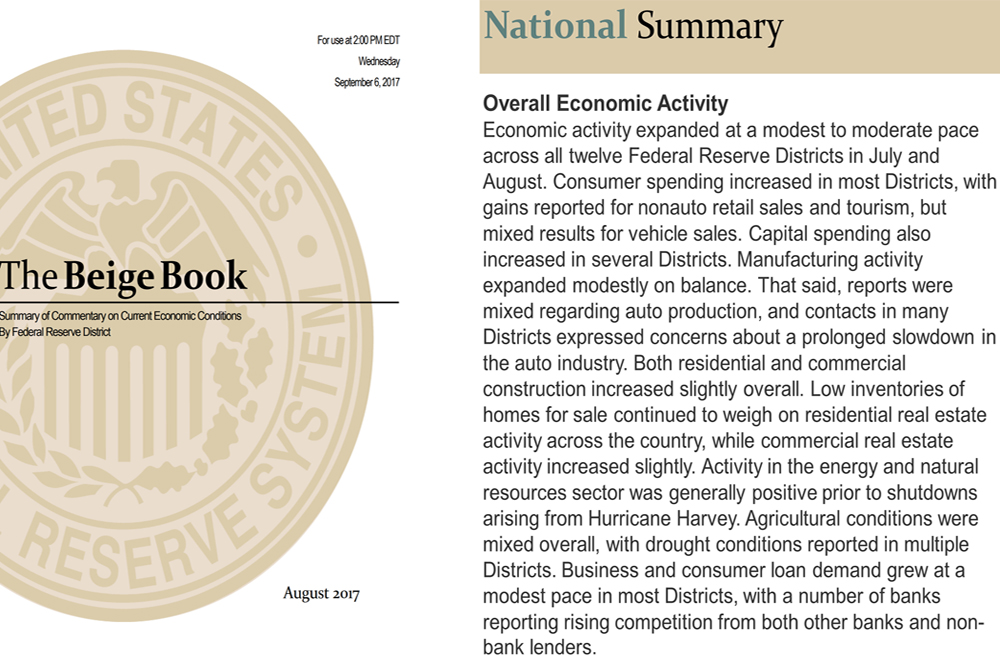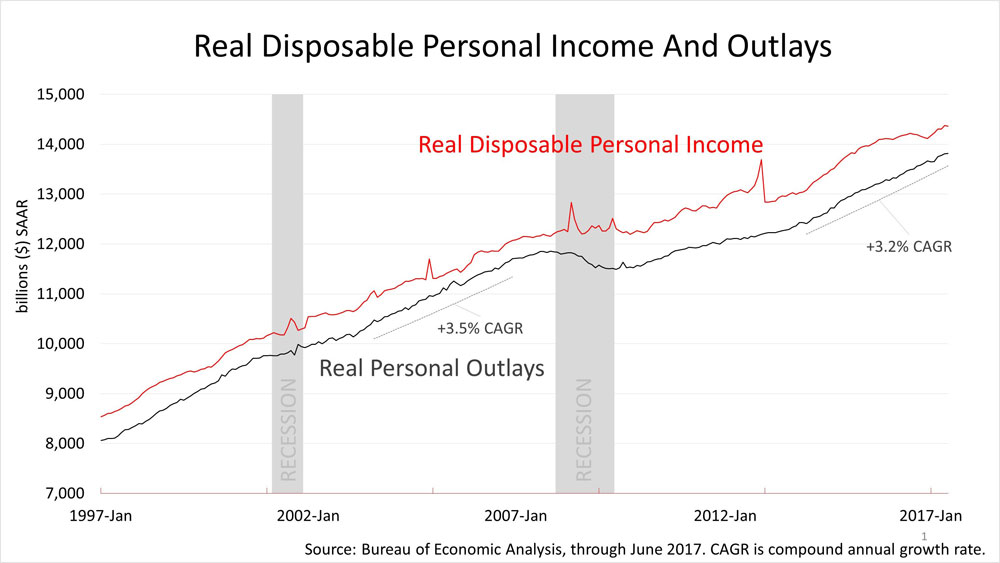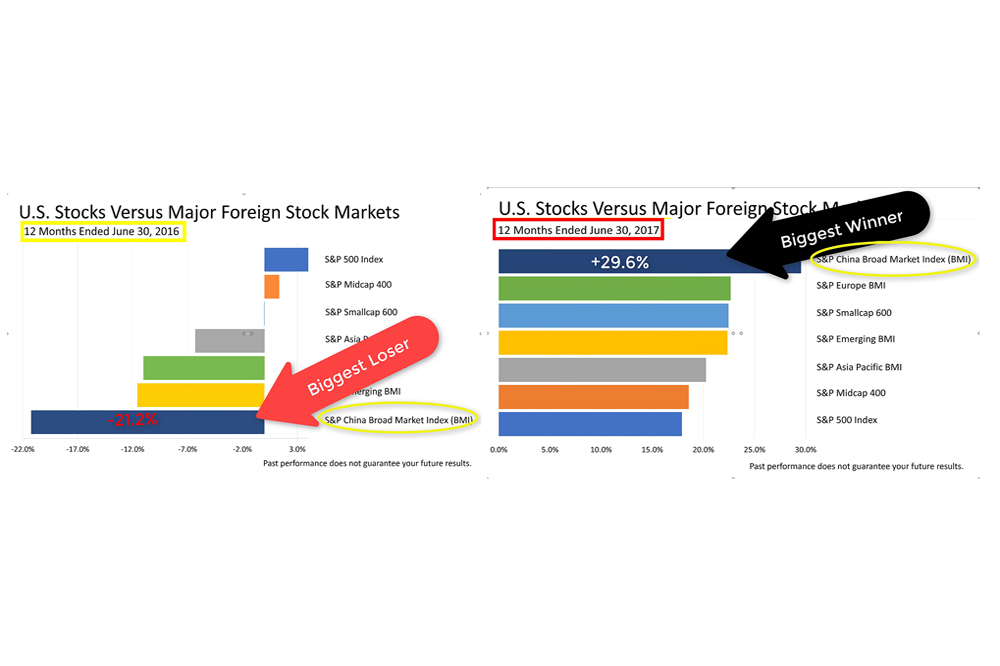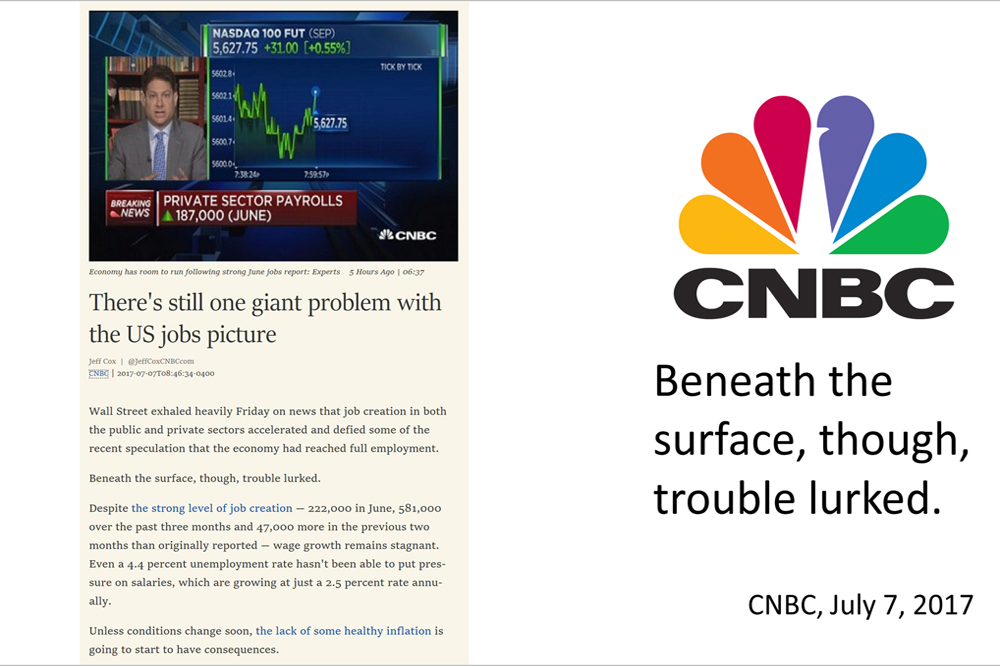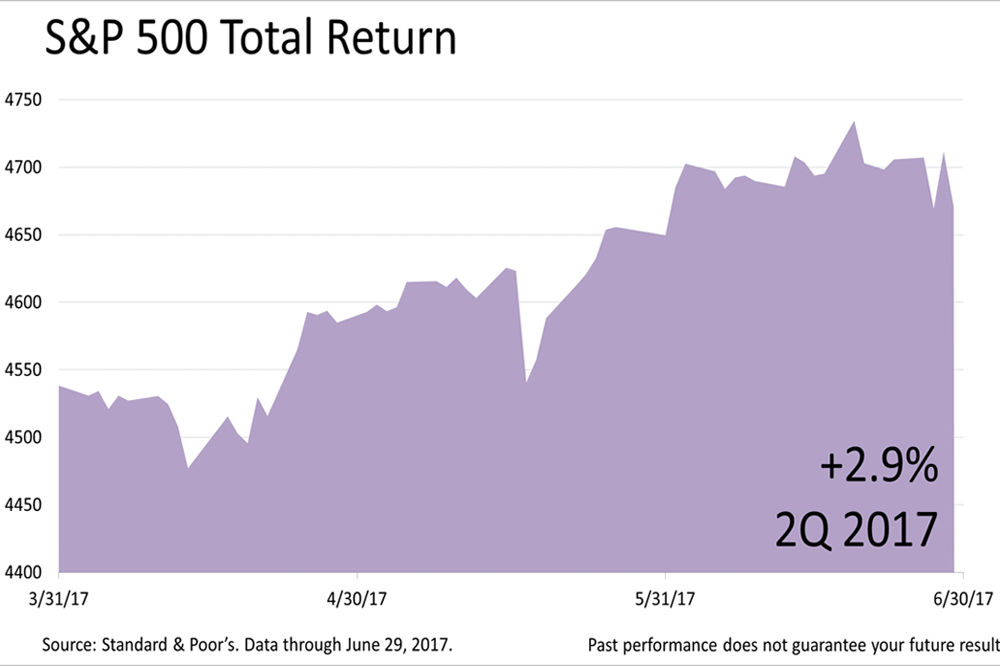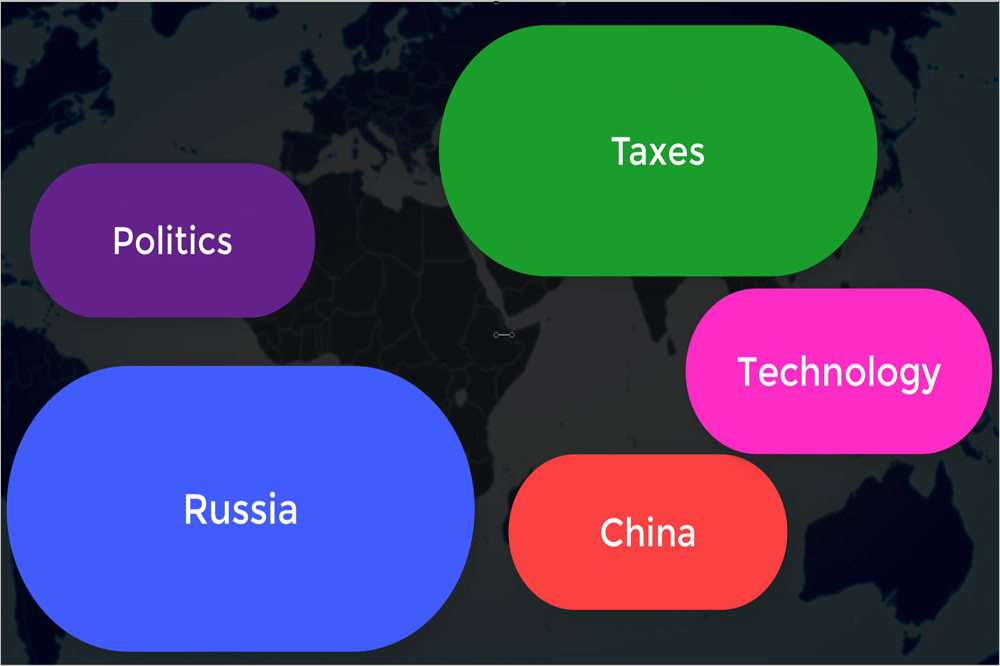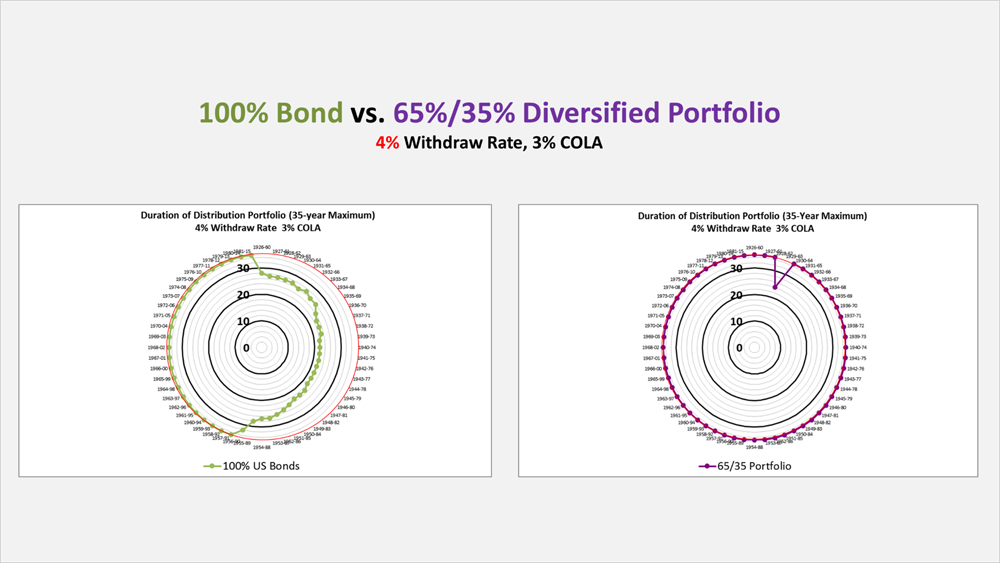Global Growth Forecast Slows, But U.S. Outlook Remains Stable
Published Friday, February 22, 2019 at: 7:00 AM EST
While fears spread of a serious slowdown in the global economy, expectations of U.S. GDP growth for 2019 softened versus 2018 but the quarterly U.S. GDP growth rate of 2% or more is expected for the months ahead.
Europe is expected to slow because China is slowing largely because of a looming trade war with the United States.
The U.S. economy is driven by American consumer spending, which insulates U.S. growth from a slowdown in China, Europe, and other foreign countries.
The Leading Economic Index for the U.S., a forward-looking composite index of 10 benchmarks of U.S. economic activity, declined one-tenth of 1%, according to a Conference Board release on Thursday. The Conference Board forecasts that U.S. GDP growth will likely decelerate to about 2% by the end of 2019.
That's lower GDP growth than after the tax bill that kicked in January 2018, but in line with long-term growth expectations. The LEI collapsed before previous recessions and it is certainly not collapsing now.
Slightly more optimistic is the forecast of 60 leading economists surveyed in early February by The Wall Street Journal, who expected an average 2.2% rate of quarterly GDP growth over the six quarters ahead. Again, this is certainly not a forecast for a recession.
The Standard & Poor's 500 stock index closed at 2,792.67 on Friday, up from 2,775.60 last Friday. It was the fourth straight weekly gain, and the index is less than 5% from its all-time closing high on September 20th, 2018.
The S&P 500 index, a key growth component in a broadly diversified portfolio, suffered a 19.8% plunge from September 20th's all-time closing high to the Christmas Eve closing low of 2,351.10, and then began its rebound.
This article was written by a veteran financial journalist based on data compiled and analyzed by independent economist, Fritz Meyer. While these are sources we believe to be reliable, the information is not intended to be used as financial or tax advice without consulting a professional about your personal situation. Tax laws are subject to change. Indices are unmanaged and not available for direct investment. Investments with higher return potential carry greater risk for loss. Past performance is not an indicator of your future results.
This article was written by a veteran financial journalist based on data compiled and analyzed by independent economist, Fritz Meyer. While these are sources we believe to be reliable, the information is not intended to be used as financial advice without consulting a professional about your personal situation. Indices are unmanaged and not available for direct investment. Investments with higher return potential carry greater risk for loss. Past performance is not an indicator of your future results.
2024
-
 Stocks Closed At A Record High
Stocks Closed At A Record High
-
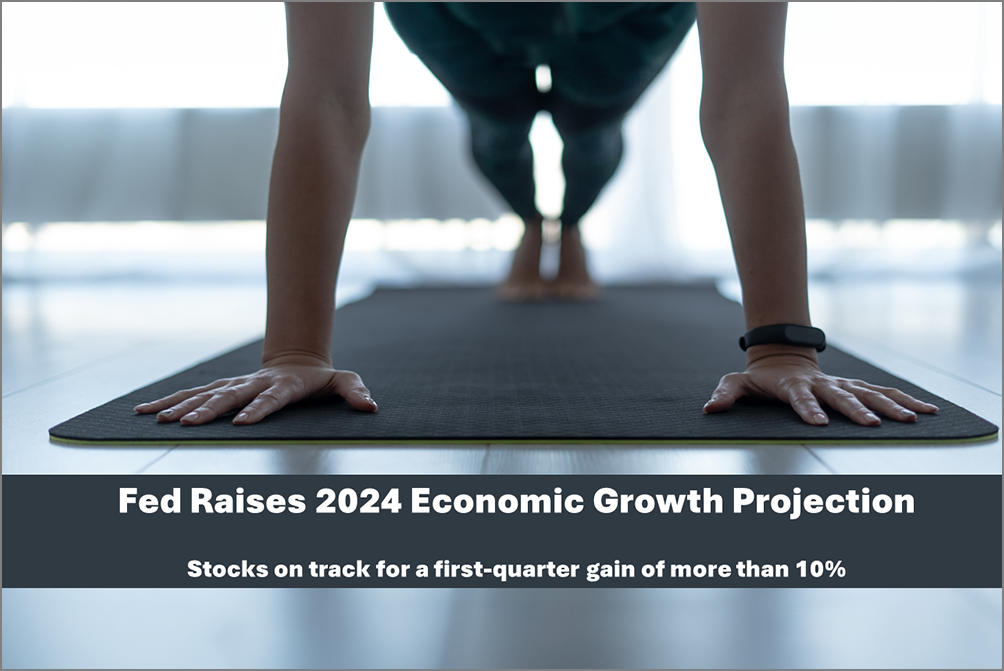 Federal Reserve Projects Strong Growth
Federal Reserve Projects Strong Growth
-
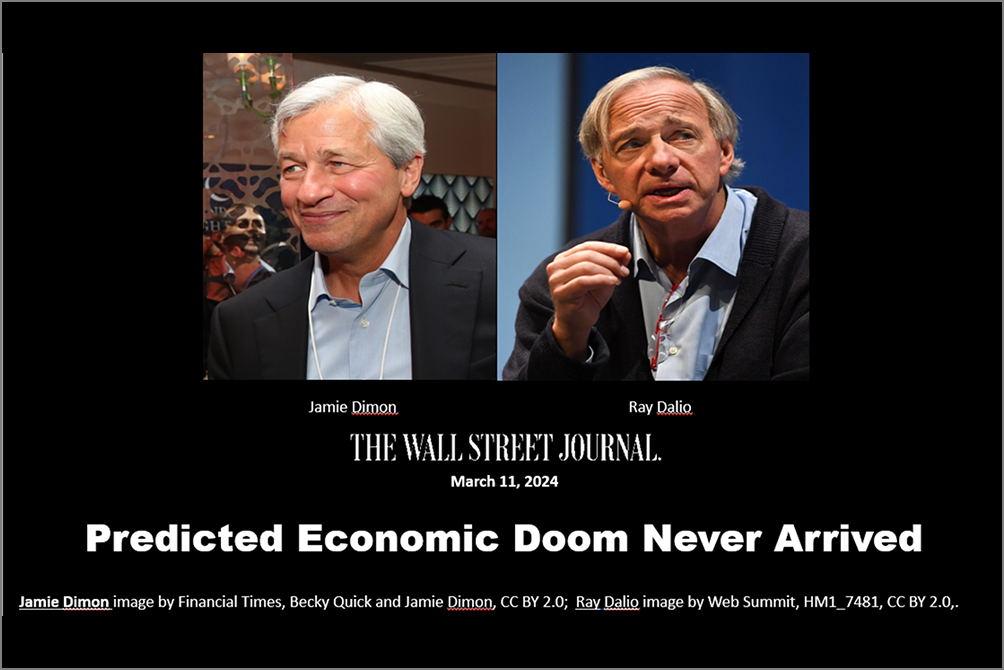 The Best People Were Wrong
The Best People Were Wrong
-
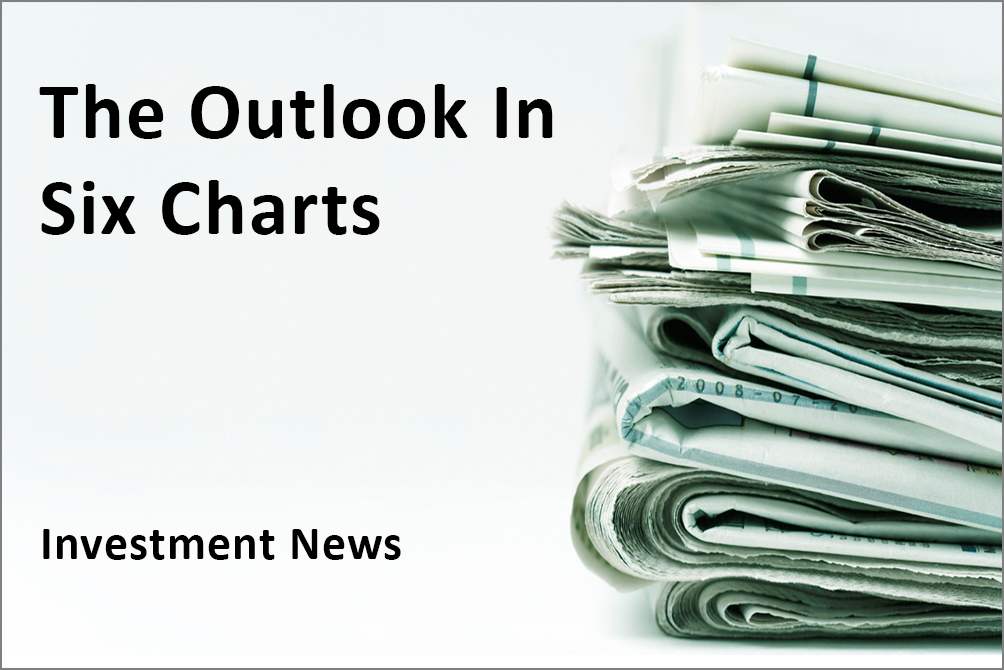 This Week’s Investment News In Six Charts
This Week’s Investment News In Six Charts
-
 U.S. Investor Picture Of The Week
U.S. Investor Picture Of The Week
-
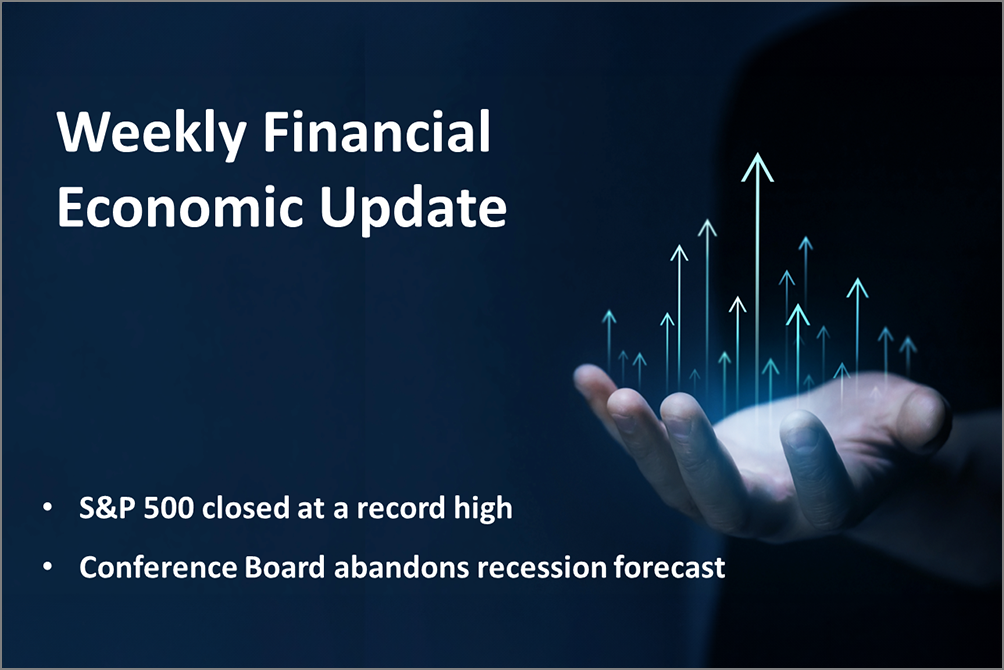 The Conference Board Backs Off Its Recession Forecast
The Conference Board Backs Off Its Recession Forecast
-
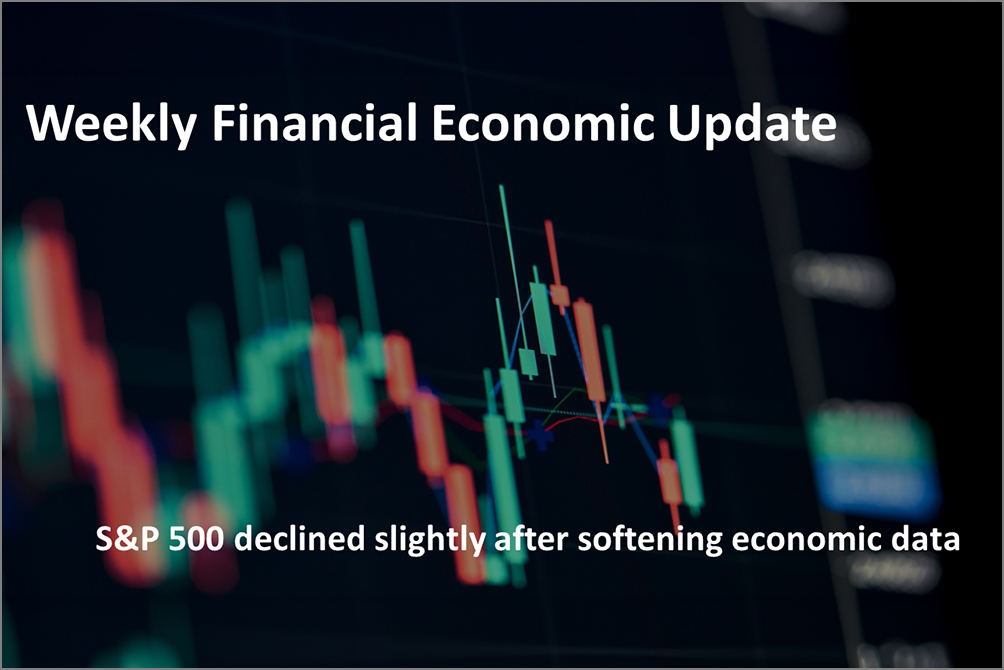 Softening Economic Data, Inflation Fears Dampen Stock Rally
Softening Economic Data, Inflation Fears Dampen Stock Rally
-
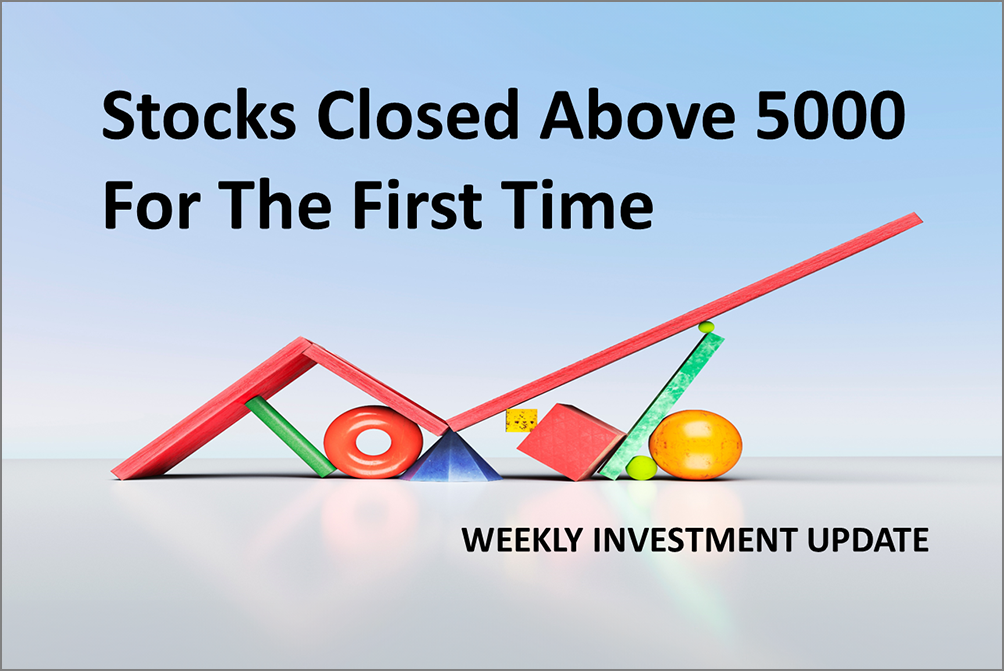 S&P 500 Closes Above 5000 For The First Time Ever
S&P 500 Closes Above 5000 For The First Time Ever
-
 Why America Is The World’s Economic Leader
Why America Is The World’s Economic Leader
-
 Investment News For The Week Ended Friday, January 26
Investment News For The Week Ended Friday, January 26
-
 Why Stocks Broke The All-Time Record High
Why Stocks Broke The All-Time Record High
-
 A Strategic Update, With Stocks Near All-Time High And Crises Unfolding
A Strategic Update, With Stocks Near All-Time High And Crises Unfolding
2023
2022
2019
2018
2017
2016
2015
|
|
||
|










